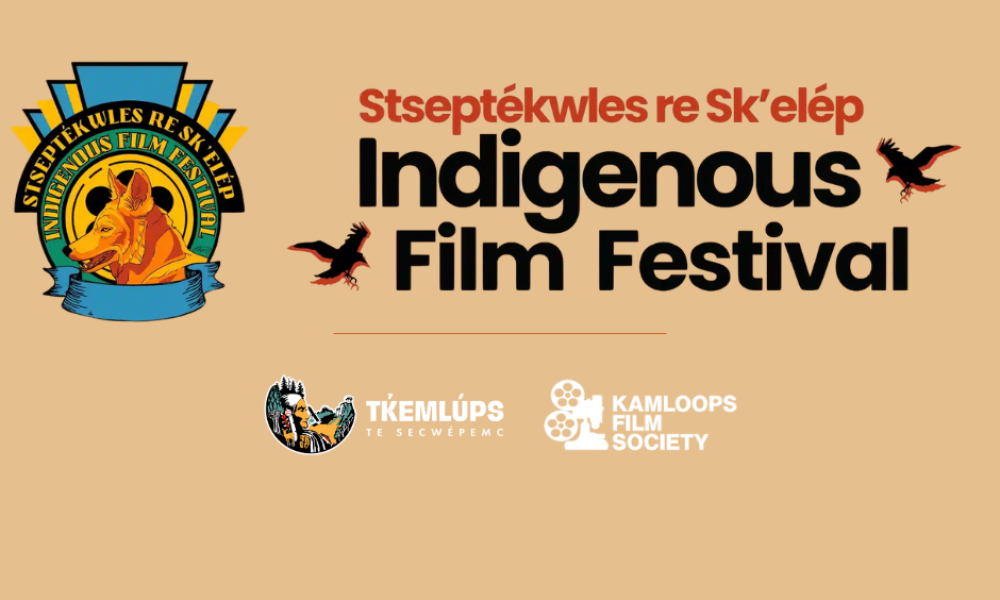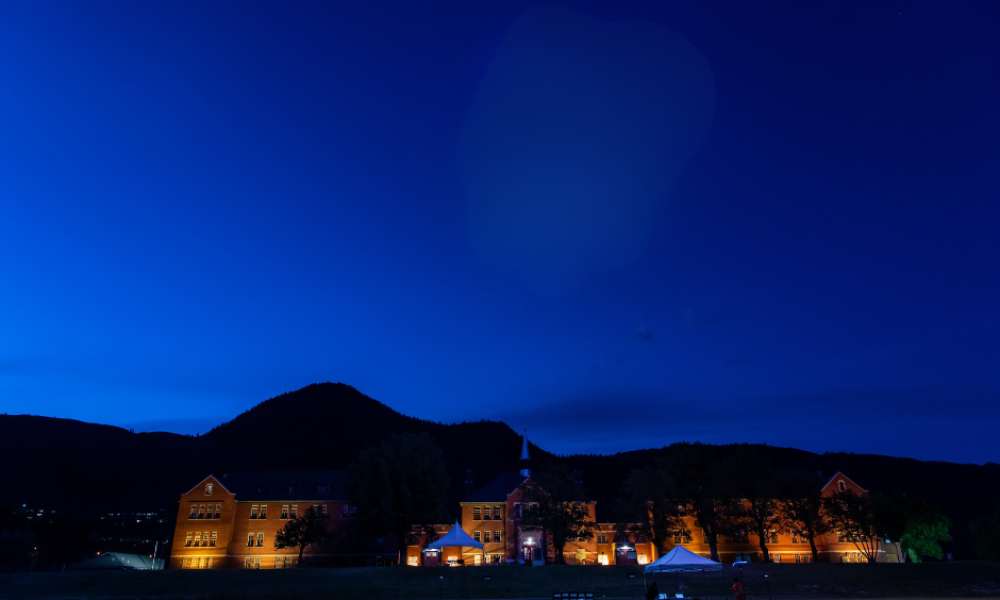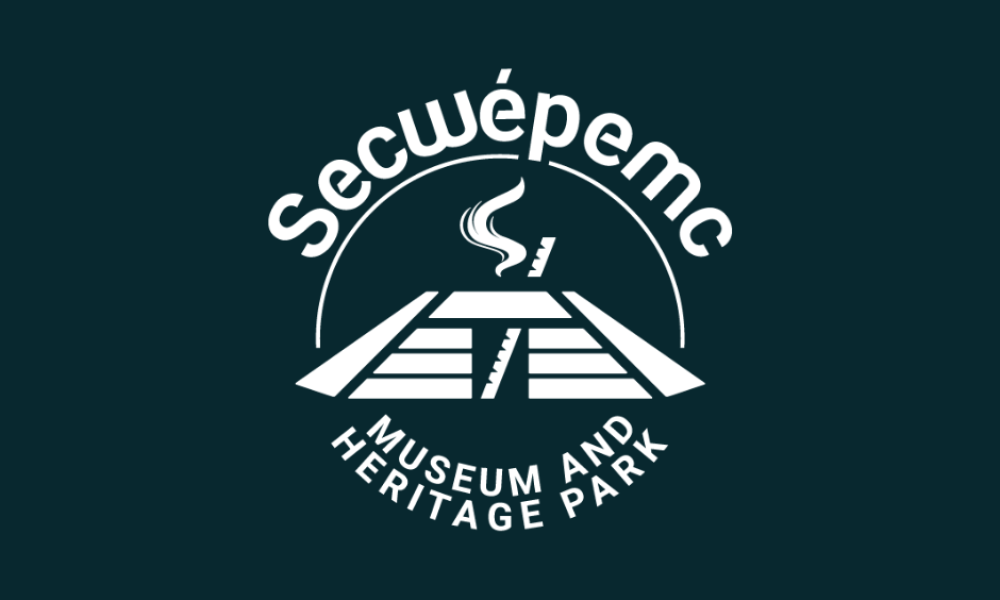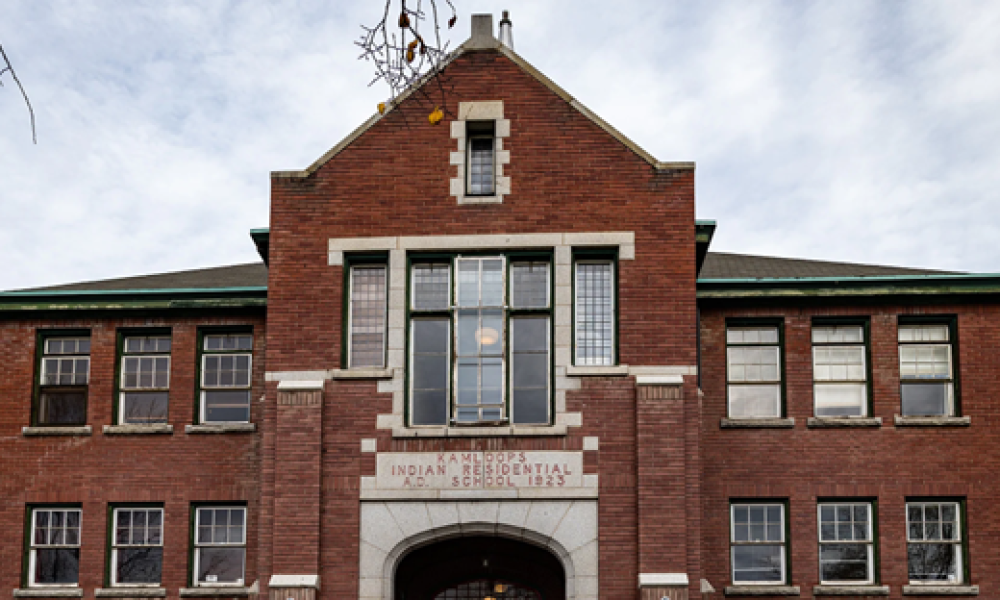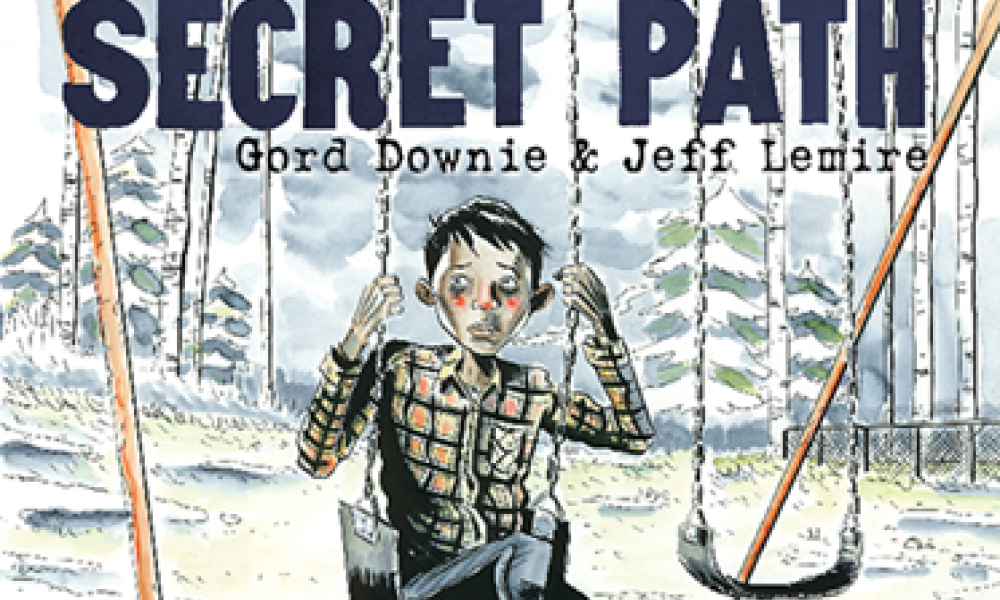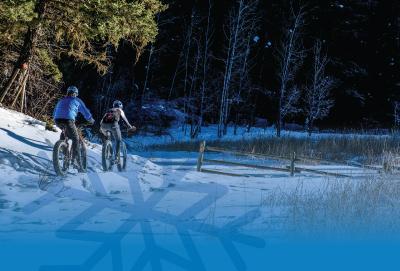
Each year, September 30 marks the National Day for Truth and Reconciliation.
The day honours the children who never returned home and Survivors of residential schools, as well as their families and communities. Public commemoration of the tragic and painful history and ongoing impacts of residential schools is a vital component of the reconciliation process.
The City of Kamloops acknowledges that we are located on Tk’emlúps te Secwépemc territory, situated within the unceded ancestral lands of the Secwépemc Nation. We honour and respect the people, the territory, and the land that houses our community.
We are using our platform to share resources that provide awareness and further the message of truth and reconciliation.
What is truth and reconciliation?
The process of acknowledging and addressing the historical injustices suffered by Indigenous peoples and the tragic legacy of the residential school system.
In response to the Truth and Reconciliation Commission's findings, September 30th has been designated as the National Day for Truth and Reconciliation in Canada. This day serves as a national reminder for Canadians to look for opportunities to reflect on the history and impact of residential schools and colonization, seek education, and engage in acts of reconciliation.
Here are some activities residents and visitors can undertake along on our shared reconciliation journey.
Review the 94 Call to Action
The goal of the Calls to Action is to create a fairer, more inclusive society where Indigenous peoples are treated with respect, and their rights and cultures are honoured.
Photo credit: Mary Putnam
Learn about Orange Shirt Day and wear your orange shirt on September 30.
"I am honored to be able to tell my story so that others may benefit and understand, and maybe other survivors will feel comfortable enough to share their stories." - Phyllis (Jack) Webstad
Orange Shirt Day, founded by Phyllis, began in 2013 with the purpose of:
- Supporting Indian Residential School Reconciliation
- Creating awareness of the individual, family and community intergenerational impacts of Indian Residential Schools through Orange Shirt Society activities
- Creating awareness of the concept of “Every Child Matters”
Wearing orange on National Truth and Reconciliation Day is a symbol of solidarity with Indian Residential School survivors and their families.
In solidarity with Indigenous Canadians, learn more about Phyllis' impactful story to understand why the orange shirt is a symbol of the stripping away of culture, freedom and identity experienced by Indigenous children for more than 150 years..
Read the Story of Tk̓emlúps
Kenthen Thomas of the Secwépemc Nation shares the story of Tk’emlúps, how Coyote made a tree fall in love with him.
Create your personal land acknowledgement
A formal land acknowledgement shows your recognition of and respect for Indigenous Peoples and their lands, in the context of the past, present, and future. It also shows your awareness that you’re on the land of a Nation that has had a relationship since time immemorial with that land.
Attend Parliament Hill Virtually
APTN and the National Centre for Truth and Reconciliation will come together to host Remembering the Children—a 90-minute commemorative gathering at Parliament Hill, on the unceded, unsurrendered territory of the Anishinaabe Algonquin Nation.
Remembering the Children will be broadcast live on APTN and APTN Languages. Additionally, APTN National News will provide live streaming of the event.
Attend the Stseptékwles re Sk’elép Indigenous Film Festival
The Kamloops Film Society & Tk’emlúps te Secwépemc are proud to present the 3rd Annual Stseptékwles re Sk’elép (Coyote Stories) Indigenous Film Festival at the Paramount Theatre onSeptember 26 – 28, 2025. Immerse yourself in a captivating lineup featuring a rich blend of Canadian and select international films, each offering unique perspectives and powerful narratives. Beyond the screenings, the festival will proudly spotlight contemporary Indigenous filmmakers, actors, artists, and community organizations, providing a platform for their voices to resonate and inspire. It’s more than just cinema; it’s a gathering of creativity, resilience, and cultural pride.
Learn the history of residential schools
Starting in 1831 and enduring until the final school closed in 1996, First Nations, Inuit and Métis Nation children were taken from their families and communities to attend residential schools which were often located far from their homes. The goal of the Indian Residential School System was to assimilate “Indians” into colonial society and attempted to force children to abandon their Indigenous identity. Over the 165 years the schools were in operation, more than 150,000 children attended Indian Residential Schools, and many never returned.
Photo credit: Kaeli Chikowski
Book a Kamloops Indian Residential School Tour
To deepen your knowledge of residential schools, step back in time with our Kamloops Indian Residential School Tour, led by knowledgeable guides who will unveil the history and experiences within the school’s chapel, dining room, kitchen, boys’ dormitory, and gymnasium, shedding light on a crucial part of our nation’s past.
Photo Credit: Mary Putnam
Visit the Secwépemc Museum and Heritage Park
Embark on a transformative journey of discovery, understanding, and celebration. By visiting the Secwépemc Museum and Heritage Park, you contribute to the preservation and revitalization of the Secwépemc cultural heritage. Together, let us honor the past, celebrate the present, and inspire a future deeply rooted in the wisdom and teachings of the Secwépemc people.
Please note that the Secwépemc Museum and Heritage Park will be closed on September 30 in observance of the statutory holiday. However, the Museum team will be present at the National Day for Truth and Reconciliation event, where they will be available to take bookings for tours.
Practice acts of reconciliation with your family
Reconciliation is a process that involves both education and action. Before, on and after September 30 each year, commit to learning more about Canada’s history of the colonization of Indigenous people, and talk with your child and community about meaningful acts of reconciliation you can do together.
Alberta Health Services has provided some great suggestions for you and your family to take part in as part of your own reconciliation journey. Use these tips as a starting point and reflect on your intentions and consider how your actions will respectfully deepen relationships with Indigenous history, culture, and people.
10 ways you can support Indigenous communities every day
In May 2021, the remains of 215 young Indigenous children were found in a mass grave at the site of the former Kamloops Indian Residential School. While the school may have closed down in 1978 (and the last school in Canada closed in 1996), we still need to ensure that every child is recognized and accounted for. Visit the Indigenous Corporate Training website to learn 10 ways you can support Indigenous communities everyday.
Relearn Canadian history through the Indigenous lens
The University of Alberta offers a free online course, called Indigenous Canada. The 12-lesson Massive Open Online Course (MOOC) from the Faculty of Native Studies explores through oral teachings the different histories and contemporary perspectives of Indigenous peoples living in Canada. From an Indigenous perspective, the course explores the complex experiences Indigenous peoples face from both a historical and critical perspective, highlighting Indigenous-settler relations at all levels. Topics for the 12 lessons include the fur trade and other exchange relationships, land claims and environmental impacts, legal systems and rights, political conflicts and alliances, Indigenous political activism, and contemporary Indigenous life, art and its expressions.
Watch The Secret Path
The Secret Path is an animated film adaptation of Gord Downie's album and Jeff Lemire's graphic novel that tells the true story of Chanie Wenjack, a young Indigenous child, .on the night of his escape from the Cecilia Jeffrey Indian Residential School, to his subsequent and heartbreaking death from hunger and exposure to the harsh weather more than 400 miles from his home.
It’s Jeff Lemire’s hope that one day the Secret Path will be taught in schools and that it will help to shed a light on this all too often ignored part of Canada’s past.






